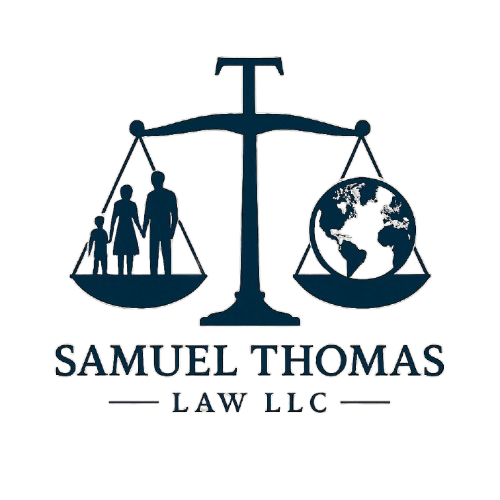Understanding Family Law: Your Comprehensive Guide
Family law encompasses a wide range of legal issues that affect families, including divorce, child custody, and adoption. Understanding these topics is crucial for individuals navigating complex emotional and legal landscapes. This guide aims to provide clarity on various family law matters, empowering clients to make informed decisions.
For instance, many individuals may not realize that family law also covers issues such as spousal support and property division. By exploring these facets, clients can better prepare for legal proceedings and understand their rights and responsibilities within the family law framework.
Common Misconceptions About Child Custody in Georgia
Many parents have misconceptions about how child custody is determined in Georgia, often believing that the courts favor one parent over the other. In reality, Georgia law emphasizes the best interests of the child, which can lead to joint custody arrangements or sole custody based on various factors.
For example, the court considers the child’s relationship with each parent, their living situation, and any history of substance abuse or domestic violence. Educating clients on these factors can help them understand the custody process and prepare for what to expect during hearings.
Key Considerations When Filing for Divorce in Georgia
Filing for divorce in Georgia requires careful consideration of several legal and personal factors. Clients must understand the grounds for divorce, which can be based on fault or no-fault reasons, and the implications of each choice on the proceedings.
Additionally, issues such as asset division, child support, and alimony must be addressed during the divorce process. Clients should consult with a qualified attorney to navigate these complexities and ensure their rights are protected throughout the divorce.
Impact of Domestic Violence on Family Law Cases
Domestic violence can significantly impact family law cases, particularly those involving child custody and divorce. Courts take allegations of domestic violence seriously, and these claims can influence custody arrangements and protective orders.
For instance, a parent with a history of domestic violence may face restrictions on custody or visitation rights. Understanding how domestic violence is treated in family law can help victims seek the necessary legal protections and support during their cases.







